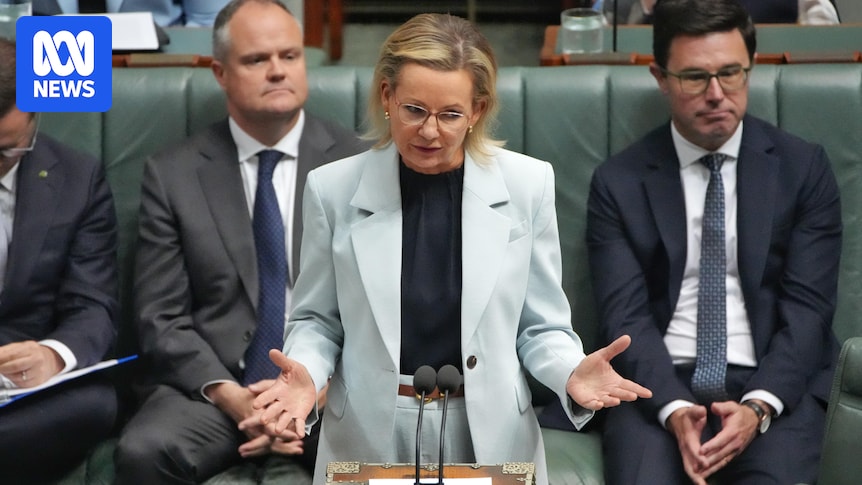
The Australian Liberal Party is reportedly moving towards abandoning its commitment to achieving net zero emissions by 2050. This shift comes after Nationals leader David Littleproud confirmed his party’s decision to drop the net zero target, a move that has sparked intense debate within the Coalition.
While moderate Liberals argue that it would be unwise to completely abandon the net zero policy, the party’s right wing is advocating for alignment with their junior Coalition partner, the Nationals. On Sunday, the Liberal leadership convened to discuss the issue, with moderate voices like South Australian Senator Anne Ruston advocating for retaining the commitment, while others, including Angus Taylor and Senators Michaelia Cash, Jonno Duniam, and James Paterson, supported dropping the target.
Internal Party Dynamics and the Path Forward
The internal debate within the Liberal Party reflects a broader tension between maintaining international credibility and addressing domestic political pressures. One senior Liberal member described the party’s current stance as gravitating towards dropping net zero, though discussions continue about whether to retain an “aspiration” rather than a strict target.
Moderate members have expressed strong opposition to abandoning the net zero goal, viewing it as a “red line” issue. They are particularly frustrated with the Nationals, accusing them of trying to steer the Liberals towards their preferred policy stance, reminiscent of past Coalition disagreements.
Leadership Challenges for Sussan Ley
This issue poses a significant test for Liberal Deputy Leader Sussan Ley, who faces the challenge of preventing a potential split within the Coalition. The situation is reminiscent of the post-election period, where the Coalition briefly fractured following a major electoral defeat.
“You have to have net zero in some form,” said moderate Liberal Senator Andrew Bragg, suggesting flexibility in the timeline for achieving it.
Global Obligations and Domestic Realities
Senator Bragg emphasized the importance of adhering to international agreements, noting that while the Paris Agreement targets net zero in the latter half of the century, Australia must determine its own path. He criticized Labor’s approach to climate policy, which he claims is losing support in regional areas, and called for an alternative plan that aligns with both economic and societal needs.
Despite internal tensions, senior Liberal MPs are working to maintain unity within the Coalition. A source indicated that the leadership is developing a strategy to keep both the Coalition and the party cohesive, with plans to finalize a position before the year’s final parliamentary session.
Collaborative Efforts for a Unified Energy Policy
Shadow Energy Minister Dan Tehan expressed confidence in reaching a consensus, highlighting the constructive collaboration between the Coalition partners. The leadership aims to present a proposal to the party room, with detailed policy work to follow later in the term. A joint working group comprising both Nationals and Liberals is expected to develop a comprehensive energy platform.
“Obviously, there’s some noise here and noise there,” Tehan remarked, “but the way we have been working together, constructively together, I’m very confident that we’ll be able to reach a position.”
Implications for Australia’s Climate Strategy
The outcome of this internal debate will have significant implications for Australia’s climate strategy and international standing. As the political landscape evolves, the Liberal Party’s decision on net zero will be closely watched by both domestic and global stakeholders.
As the final sitting week of the year approaches, all eyes will be on the Liberal leadership to see whether they can navigate these internal divisions and present a unified front on climate policy.







